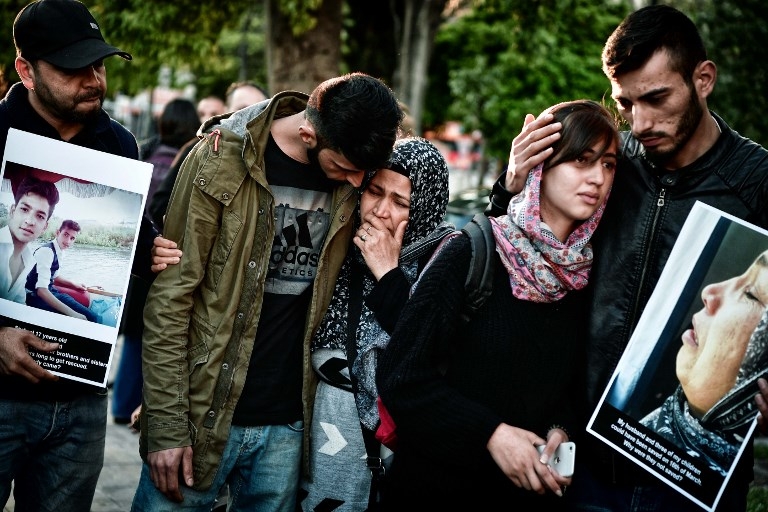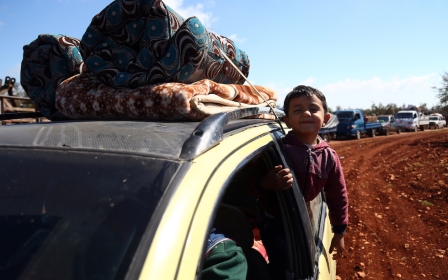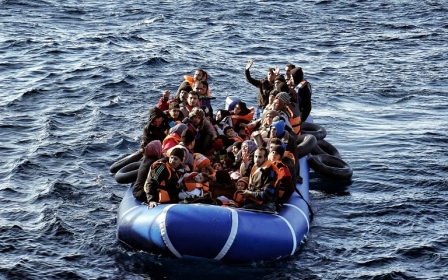Turkey to deport nearly 600 Afghan migrants

Turkish authorities will deport close to 600 Afghan migrants in eastern Turkey back to Kabul this weekend, the interior ministry said on Saturday.
The Afghan migrants had crossed into Turkey through Iran due to "ongoing terrorist activities and economic troubles" in Afghanistan, the ministry said, and security forces had handed the migrants over to provincial immigration authorities.
It said deportation procedures had been completed for 591 migrants in the eastern province of Erzurum and that charter flights to Kabul would be arranged on Saturday and Sunday to send the migrants back.
"Following the completion of deportation procedures for illegal migrants in our other provinces, deportations will speed up and continue in the coming days," the ministry said in a statement.
Rights groups have criticised Turkey for deporting migrants back to conflict-torn countries, including Afghanistan, saying it was putting their lives at risk.
Turkey hosts more than 4.5 million migrants including 3.2 million Syrian refugees according to the Turkish Interior Ministry.
The nation is a key stop for people fleeing war or poverty in the Middle East and Asia seeking to reach Europe via Greece and the Balkans.
Migrants walk for days
The numbers of refugees crossing the Aegean Sea to Greece from Turkey has dropped dramatically after an agreement between Ankara and the EU that came into force two years ago aimed to speed up Turkey’s accession into the European Union.
In return, Turkey agreed to reaccept migrants who had crossed into Greece and were deemed not to have legitimate asylum claims.
However, migrants and refugees have continued to arrive in Turkey. This week the Hurriyet newspaper reported that several thousand Afghan migrants had crossed into Turkey in recent months and had walked for days from the border to reach Erzurum.
Afghanistan has been ravaged by militant attacks this year, and the government has made promises to tighten security in the wake of an attack in central Kabul that killed around 100 people in January.
The attacks have undermined support for President Ashraf Ghani, who offered in February to hold peace talks with Taliban insurgents fighting to drive out international forces and reimpose their version of strict Islamic law.
The Taliban have so far shown little sign of accepting the offer of talks with the Western-backed government, which they consider an illegitimate, foreign-imposed regime, although they have offered to talk to the United States.
New MEE newsletter: Jerusalem Dispatch
Sign up to get the latest insights and analysis on Israel-Palestine, alongside Turkey Unpacked and other MEE newsletters
Middle East Eye delivers independent and unrivalled coverage and analysis of the Middle East, North Africa and beyond. To learn more about republishing this content and the associated fees, please fill out this form. More about MEE can be found here.




